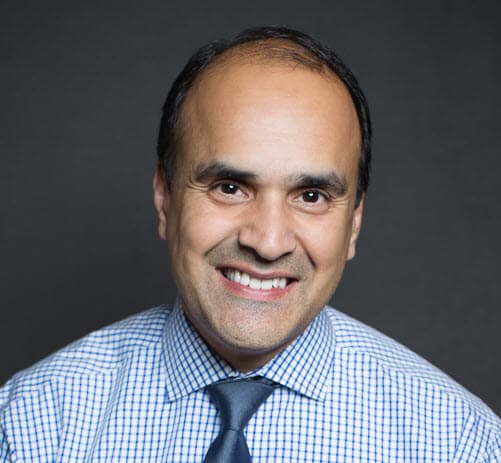
@ShahidNShah

A friend of mine sent me a note to take a look at Make Mine Paper by a blogger who calls himself “#1 Dinosaur, MD”. It’s a well written article that explains why there are some physicians who will never use an EMR. Some choice words:
Until there is a single, interoperable system in wide use, EMRs will never have the portability and versatility of paper. Just imagine the chaos that would result if doctors’ offices used 8.5-in by 11-in paper for their charts, but hospitals all used legal-sized paper; labs reported their results on 4-in by 6-in cards, and x-rays were reported on 5-in by 8-in slips. Trying to keep all of those different sizes and shapes of paper together in 1 folder would be a nightmare. Now multiply that several hundred-fold.
He’s certainly right and I like his explanation of lack of interoperability; in fact, it’s one of the best analogies I’ve read. He goes onto say:
The fragmented market of EMR suppliers isn’t just as simple as PC vs Mac; there are hundreds of vendors selling different systems, each of which works differently and none of which are capable of interacting with each other. The only way to transfer records from one system to another is to print it out on paper and then scan or manually re-enter the information into the other.
This is where I disagree — the reason that systems aren’t interoperable and can’t interact with each other is because customers are willing to accept vendors who don’t work well with each other. It continues to surprise me how easily healthcare IT customers accept mediocrity from their vendors and sign contracts and make purchases that are only good for vendors.
With HL7 we have some a “good enough” interoperability solution and there are tons of tools and many vendors out there that will connect disparate systems.
How many of you out there are being held hostage by their healthcare IT vendors?

Shahid Shah is an internationally recognized enterprise software guru that specializes in digital health with an emphasis on e-health, EHR/EMR, big data, iOT, data interoperability, med device connectivity, and bioinformatics.
Connecting innovation decision makers to authoritative information, institutions, people and insights.
Medigy accurately delivers healthcare and technology information, news and insight from around the world.
Medigy surfaces the world's best crowdsourced health tech offerings with social interactions and peer reviews.
© 2025 Netspective Media LLC. All Rights Reserved.
Built on Mar 12, 2025 at 5:07am